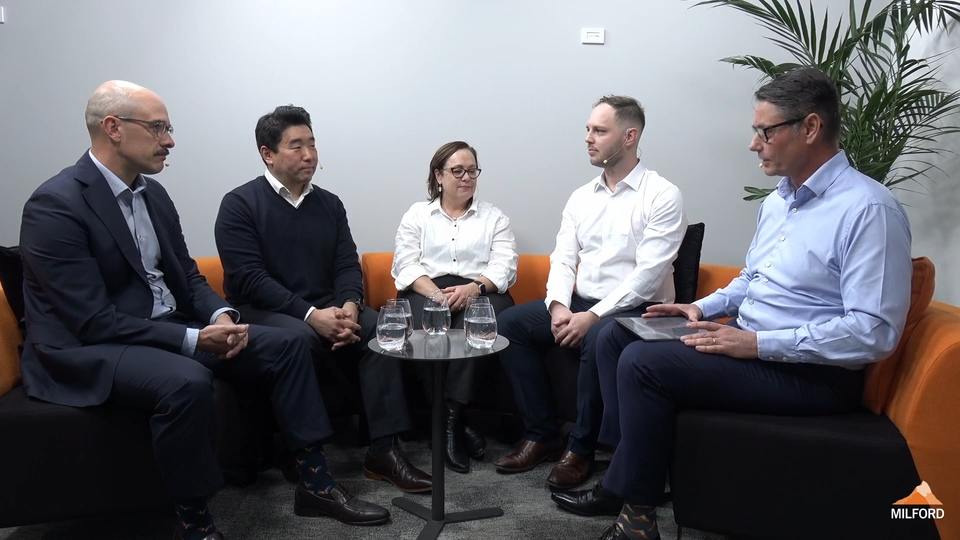As earnings growth and visibility beyond the pandemic improve, how companies choose to spend elevated levels of cash held as a precaution during the Covid crisis is becoming increasingly important. This has resulted in potential implications for bond and share investors.
What will happen with elevated cash balances?
The sharp global downturn caused by Covid led to a material increase in global corporate debt as corporates borrowed to build cash reserves to support operations through a highly uncertain period. Morgan Stanley estimate that the cash held by companies in their investment grade index jumped from representing around 15% of debt pre-Covid to nearly 30% at the end of 2020.
As earnings recover and visibility towards a new normal improves, management teams will start to consider alternate uses for this cash which presents both opportunities and threats to investment performance for bond and share investors.
The most common uses of cash after funding operations include:
- capital expenditure such as investing in new equipment
- acquisitions of other companies
- repayment of debt
- returning cash to shareholders via dividends and/ or share buybacks
The decision as to where to spend this cash is often referred to as ‘capital allocation’.
What are the implications for investors?
The impact of capital allocation decisions on bond and share investments is a case-by-case assessment. This includes consideration towards the appropriateness for the company and its financial capacity, and prior management guidance. Some decisions can be relatively unbiased towards bond or share investors, whereas deviations from a company’s communicated strategy can lead to divergent outcomes.
A recent example is enterprise software company Oracle. Oracle’s business model was not materially impacted by Covid and it held US$36bn in cash and securities at the end of Feb-21 relative to debt of US$69bn. Nevertheless, in Mar-21 Oracle issued US$15bn of new bonds. Total debt levels grew, increasing the company’s financial risk. This led to downgrades from credit rating agencies and bond prices fell relative to peers. Conversely, the share price increased on expectations of greater cash returns to shareholders over time.
In the most recent Bank of America fund manager surveys, equity investors’ preference for a company’s use of cash has shown a sharp shift towards capital expenditure and away from balance sheet repair (repayment of debt) when the economic outlook was more uncertain. This suggests share investors would like to see companies invest as the economic recovery unfolds. In contrast to Oracle’s recent moves, appetite for cash to be returned to shareholders remained at subdued levels.
What is Milford’s approach?
Capital allocation policies and investor expectations will continue to change throughout the Covid recovery. Milford believe company specific analysis and active portfolio management can help navigate this transition to maximise returns for bond and share investments.


